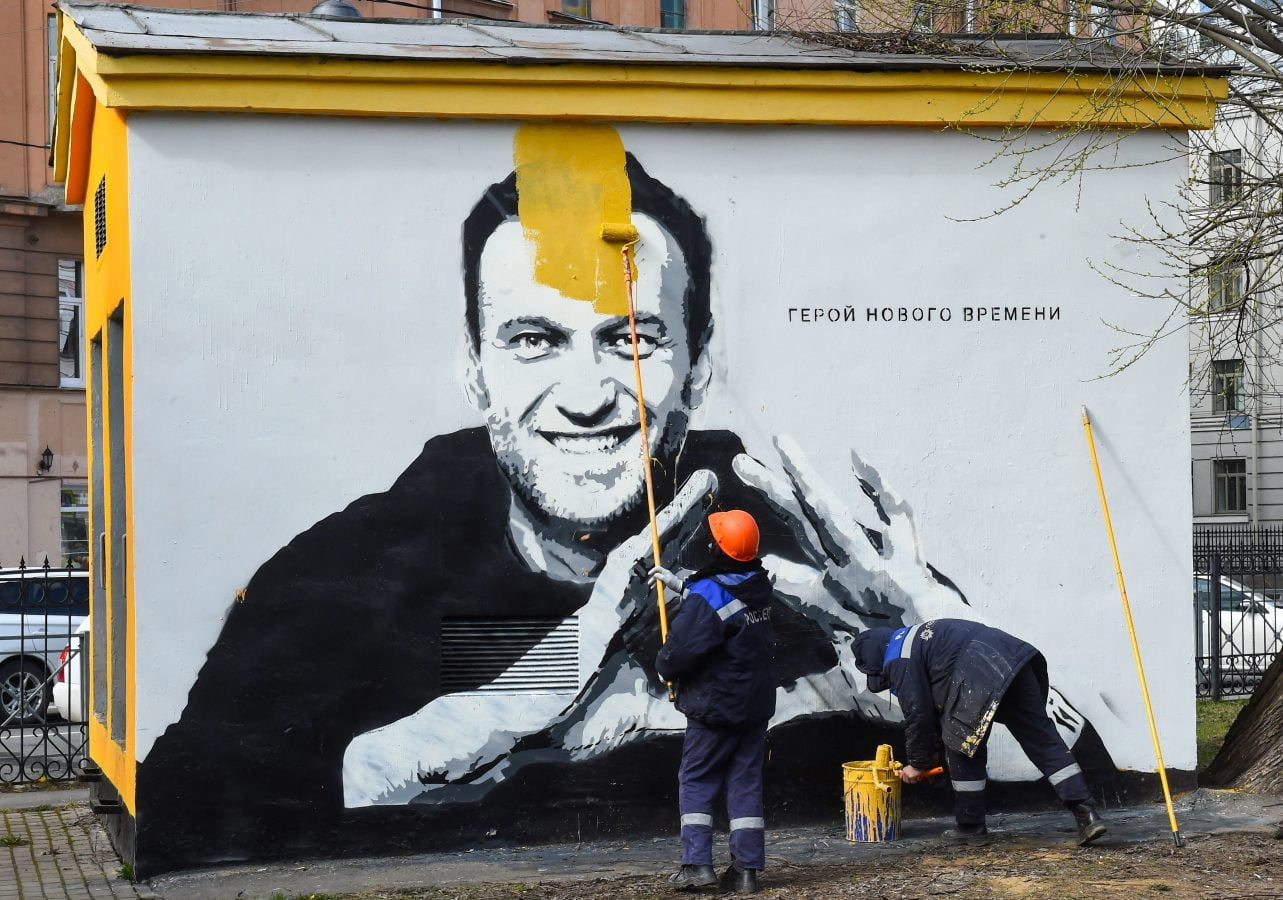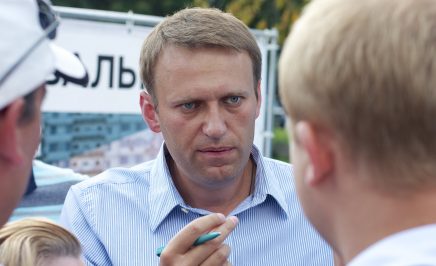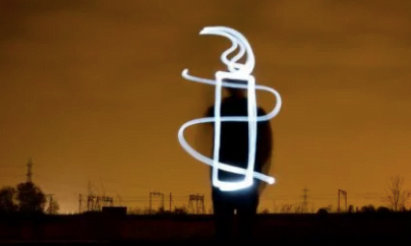Over the course of the last 12 months, the Russian authorities have unleashed an unprecedented campaign of repression and reprisals against wrongfully imprisoned opposition leader AlekseiNavalny and his supporters, destroying all remnants of the rights to freedom of expression and association, Amnesty International said today on the first anniversary of the politician’s arrest.
“In the year since AlekseiNavalny’s detention at a Moscow airport, the politician, his supporters and Russian civil society organizations have suffered a relentless onslaught of repression. Dozens of Navalny’s associates and supporters are facing prosecutions on bogus charges, while a growing number of them are already in prison. Meanwhile, the authorities have labelled his organizations as ‘extremist’ and blocked their websites,” said Marie Struthers, Amnesty International’s Eastern Europe and Central Asia Director.
“Some of AlekseiNavalny’s associates were able to flee the country, yet they now fear their relatives in Russia will suffer a similar fate of unfounded prosecution and imprisonment. On the anniversary of his detention, Navalny and the political activists associated with him are in a living hell.”
On 2 February 2021, a court in Moscow replaced Navalny’s non-custodial sentence with a jail term of two years and eight months, later shortened by two months. Soon thereafter, the Russian authorities began dismantling the Anti-Corruption Foundation and the Citizens’ Rights Protection Foundation, which Navalny founded, and closed his offices. On 9 June 2021, the two organizations were officially labelled as “extremist” and arbitrarily banned.
The activities of the two organizations have since been criminalized. On 28 September 2021, the authorities opened a criminal case against Navalny and his associates under the trumped-up charge of creating an “extremist association”. On 9 November, Lilia Chanysheva, the former coordinator of Navalny’s offices in Ufa, was placed in pre-trial detention.
Dozens of Navalny’s team and regional coordinators from his wider political movement have now left Russia fearing political persecution. Yuri Zhdanov, the father of Ivan Zhdanov, the director of the Anti-Corruption Foundation, was arrested on spurious charges of “forgery” and “large-scale fraud” in March 2021.
AlekseiNavalny faces further bogus charges and up to 15 additional years in prison on top of his current sentence. He stands accused of “contempt of court”, “fraud on an especially large scale” and “money laundering” in relation to alleged misappropriation of donations to his NGOs. He has also been charged with creating an organization that “infringes on the personality and rights of citizens”.
“The callous actions of the Kremlin, who remain hellbent on silencing and vilifying AlekseiNavalny and his supporters, must end now. More than 360,000 people around the world have signed a petition set up by Amnesty International that calls for the Russian authorities to immediately and unconditionally release AlekseiNavalny,” said Marie Struthers.
“We call on world leaders, international organizations and people across the world to add their voices not only to the call for Aleksei Navalny’s immediate release, but also for the end of brutal reprisals against his supporters. The people of Russia should not have to suffer from the relentless suppression of their human rights. They deserve to have their voices heard without fear of reprisals.”
Background
AlekseiNavalny, an outspoken Kremlin critic, author of groundbreaking investigations into high-level corruption in Russia and founder of several civil society organizations, was arbitrarily detained on 17 January 2021 in Moscow’s Sheremetyevo airport upon his arrival from Berlin, where he had been recovering after being poisoned in Siberia in August 2020.
He was placed in pretrial detention for allegedly failing to report regularly to his probation officer in person while recovering from his near-fatal poisoning.
The European Court of Human Rights found Aleksei Navalny’s conviction in 2014 and subsequent prison sentence to be “arbitrary and manifestly unreasonable.”
On 14 January, Leonid Volkov and Ivan Zhdanov, two associates of Navalny, were added to a list of “extremists” by the Russian finance regulator. Their assets in Russia are now blocked.







